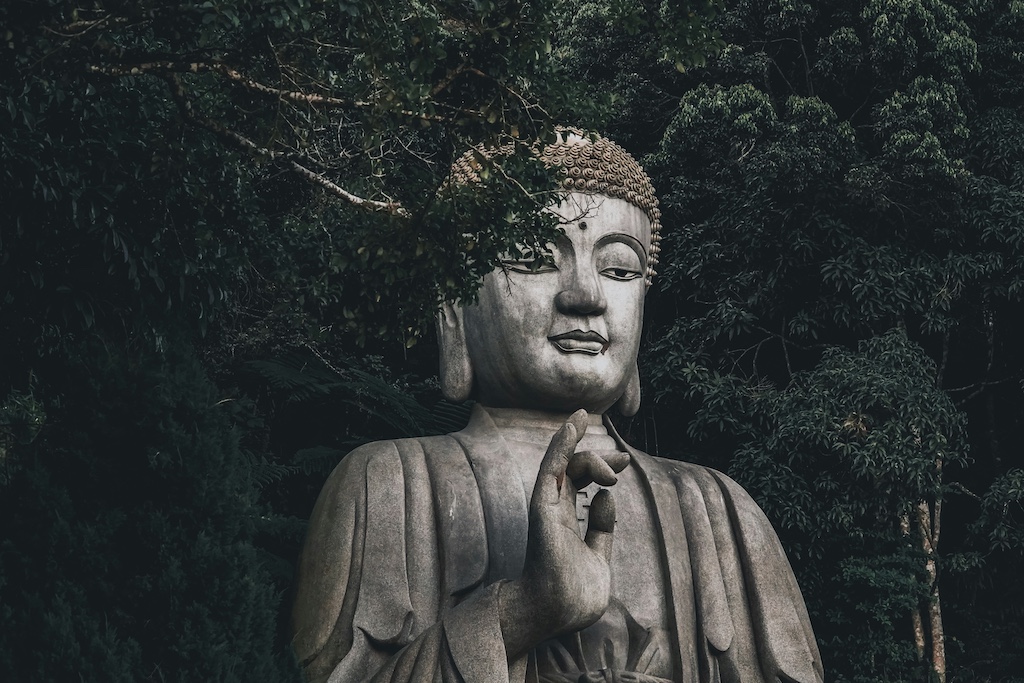Discipline is often misunderstood.
Many perceive it as a form of restriction, an imposition that curtails freedom, confining individuals within rigid structures. This perception arises from a surface-level understanding, influenced by societal conditioning that equates discipline with obligation and punishment. However, true discipline is not about restraint—it is about liberation. It is the committed choice to shape oneself with purpose, a conscious act of self-cultivation that leads to genuine freedom.
In this sense, discipline is not the enemy of spontaneity but rather its foundation. Without discipline, our actions are dictated by fleeting impulses, external influences, and the whims of an untrained mind.
With discipline, we become the architects of our own growth, forging a path where inner development is not a consequence of circumstance but a deliberate journey toward wisdom and fulfillment. To understand the liberating power of discipline, we must first recognize its role in self-mastery.
A person lacking discipline is a prisoner of their own unchecked desires, reactive emotions, and external pressures. Such a person may believe they are free, but in reality, they are bound by forces they do not control. In contrast, the disciplined individual does not act out of compulsion but out of choice.
True discipline is not about restraint—it is about liberation.
Both Stoicism and Buddhism teach that mastery over oneself is the highest form of freedom. The Stoic philosopher Epictetus emphasized that true power lies not in controlling the external world but in mastering one’s own mind. Likewise, the Buddha taught that liberation arises from training the mind to detach from craving and aversion. In both traditions, discipline is the vehicle through which a person gains sovereignty over oneself, transforming the mind from a chaotic storm into a steady flame that illuminates the path forward.
The Discipline of Letting Go
While discipline is often associated with rigorous effort, another dimension to consider is the discipline of letting go.
In the pursuit of inner growth, one must learn to release attachments, expectations, and the illusion of control over impermanent things.
The disciplined mind does not cling to outcomes but instead focuses on right action in the present. This aligns with the Buddhist principle of non-attachment (anattā) and the Stoic ideal of accepting what is beyond our power. A person who disciplines themselves to relinquish unnecessary burdens experiences a freedom that those entangled in worldly concerns cannot comprehend. Paradoxically, discipline—often seen as effort—can also manifest as the conscious choice to surrender, creating space for wisdom to arise.
Discipline in Daily Life
Discipline is not only found in grand acts of self-denial or rigorous training; it manifests in the smallest choices we make each day.
The way we rise in the morning, the care with which we engage in our work, the patience we cultivate in difficult situations—all these seemingly minor acts accumulate, shaping the trajectory of our inner development.
True discipline is not about harsh self-judgment but unwavering commitment and self-compassion.
A person who disciplines themselves to maintain a mindful presence in each moment gradually builds an unshakable foundation. This practice is echoed in Zen Buddhism, where the most mundane actions—sweeping the floor, arranging one’s belongings, drinking tea—are transformed into profound exercises in awareness and intentionality. In this way, discipline is not a means to an end but a way of being, an ongoing refinement of character that deepens with each conscious choice.
The Balance Between Discipline and Compassion
While discipline is essential, it must be tempered with compassion—toward oneself and others.
A rigid, punitive approach to discipline can lead to frustration, burnout, or a sense of failure when perfection is not achieved. True discipline is not about harsh self-judgment but unwavering commitment and self-compassion.
The disciplined individual does not demand flawlessness but rather persistence. They recognize that setbacks and struggles are part of the journey and that true growth comes not from never faltering but from continually choosing to rise again. This principle is evident in Buddhist teachings on the Middle Way (Majjhimā Paṭipadā), which advocate for balance rather than extremes. In Stoicism, too, Marcus Aurelius reminds us that the path to virtue is one of continuous effort, not instant perfection.
Discipline is both the journey and the destination.
It is the practice of shaping oneself with purpose, of cultivating the strength to walk a path of inner growth, not as an obligation but as an act of deep personal commitment. It liberates us from the tyranny of external influences and inner turmoil, allowing us to step fully into the present moment, where true freedom resides.
By embracing discipline not as a constraint but as a gateway to wisdom, we align ourselves with the natural unfolding of growth. We move beyond fleeting desires and transient distractions, choosing instead the steady, intentional path toward self-realization. In doing so, we discover that discipline is not a burden but a gift—the means through which we become who we are meant to be.
◆
This article was adapted from a piece originally published on Raffaello Palandri’s blog under the headline, “Discipline: The Path to Liberation and Inner Growth.”
Thank you for subscribing to Tricycle! As a nonprofit, we depend on readers like you to keep Buddhist teachings and practices widely available.
